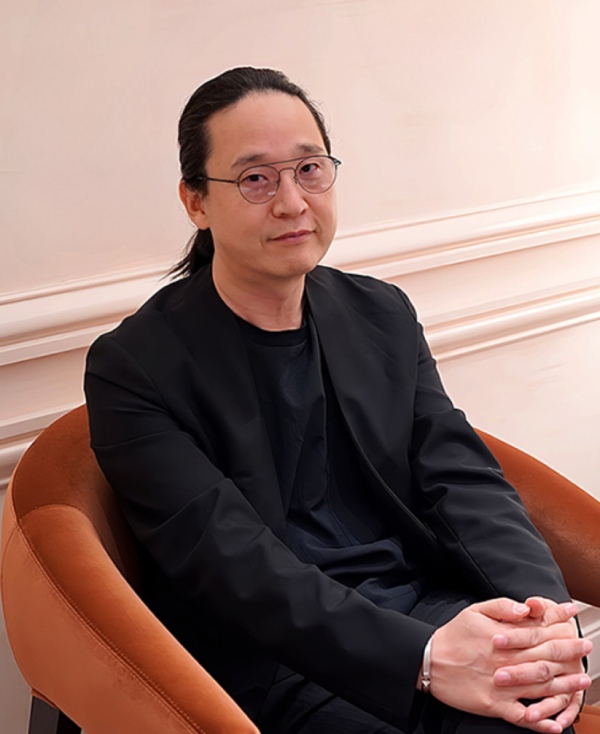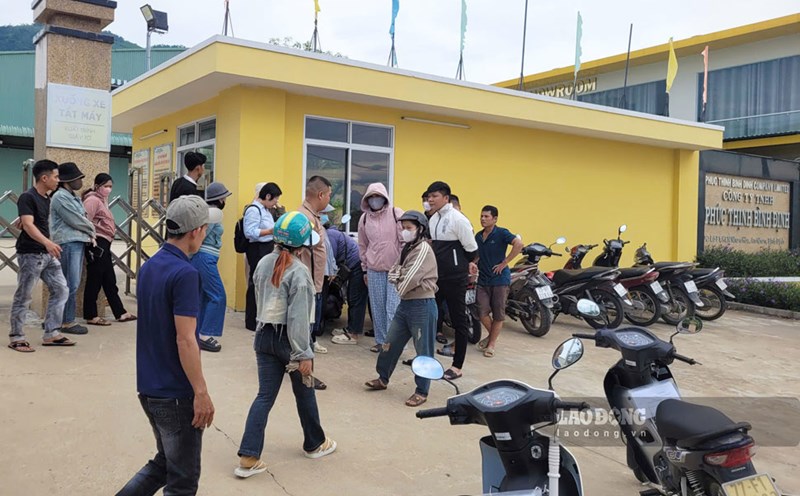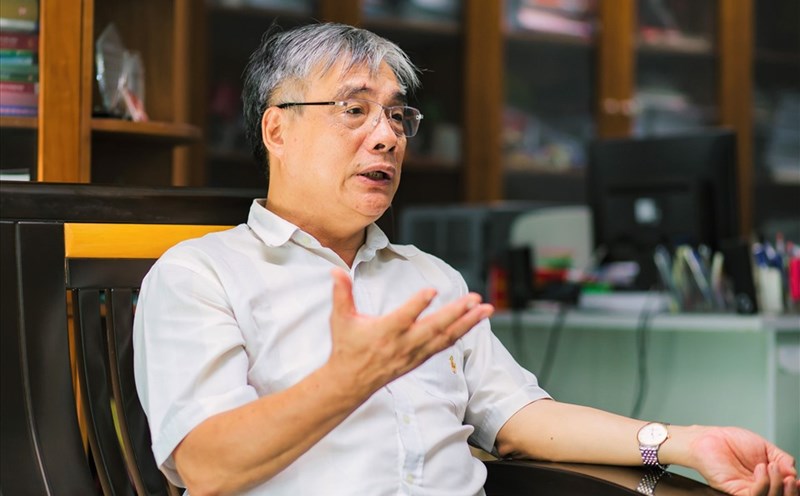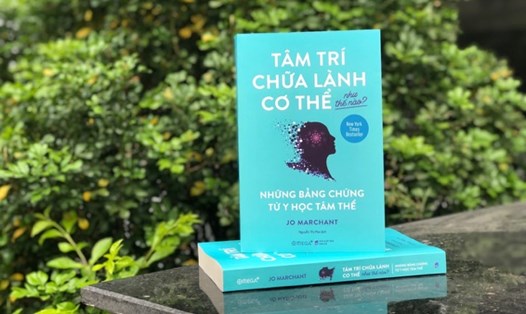The "mind reader" of the times
I met the dapper-looking man with the ponytail at a conference on artificial intelligence (AI) in the new era of journalism in Seoul, South Korea, in November, where he was a keynote speaker. “The reason I grew my hair long enough to tie it in a ponytail is because I wanted to look different from others,” Song Gil-Young began. He doesn’t claim to be the best big data scientist, but he insists that his 20-plus years of working with big data have helped him “read the minds of the times.”
“I call myself a ‘mind-opener’ because that’s what I do – I ‘open’ people’s minds, I help them see what’s hidden within themselves.” His confident demeanor and simple yet profound explanations immediately drew me into the story of his mission and life journey.
After graduating from Korea University with a degree in Computer Science, Song Gil-Young went on to earn his master’s and doctorate degrees and has held a number of important roles in the technology industry. He served as chief strategy officer at software company Daumsoft and lectured at SK, Samsung Electronics, and Seoul City Hall, as well as being a columnist for Money Today. Interestingly, Song has been more than anyone else in making accurate predictions about the trends of the times through big data analysis.
In 2012, when Song wrote "Here I See Your Desire," big data was just starting to emerge as a buzzword, and he had been working in the field for more than 10 years. By 2015, when he wrote "Do Not Imagine," he realized that observation was more important than data.
Song's book, Forecast of the Times: Era of Nuclear Individuals, which caused a stir last year and became a bestseller, caused a stir by predicting that society would enter a new era where individuals would act as independent "nuclears," shaped by artificial intelligence (AI) technology and demographic shifts. He urged people to consider the changes in this era because he believed that people needed to have a deep look at the future.

Forecaster of the times
Song Gil-Young coined revolutionary terms such as “mind-opener,” “time forecaster,” and “core individual” to explain profound trends and changes in society. He said that his job was to “explain what we feel but cannot express” through analyzing data and creating a language to define those patterns of change. The term “core individual” was born out of the need to define major shifts in a rapidly changing social context.
Song shares that his goal is to help people understand and adapt to these changes, just like how weather forecasting helps prepare for extreme conditions. More than just a thinker, Song takes on many different roles such as writing books, giving lectures, and producing YouTube content to connect with the public and spread ideas. Initially, he was passionate about learning and listening, but a sense of responsibility prompted him to systematize his knowledge through writing books and creating digital content. "I have to flexibly take on many roles to adapt to the changes in society," he shares.
Big Data - Technology for Humanity
Song Gil-Young views big data through a humanistic lens, emphasizing that the goal of this technology is not just to optimize performance but to bring happiness to people. He believes that the true power of big data lies in its ability to reflect individual emotions and desires, thereby creating a society that respects and values each individual.
Song combines technology with humanism, aiming to make life warmer and more complete. He emphasized that humans and technology have always been closely linked, but in the new era, each person needs to become a "nuclear individual" - shaping his own unique life, contributing to the richness and diversity of society.
Through his lectures and works, Song not only analyzes data but also opens up new perspectives, helping people understand themselves and the world more deeply. He believes that the greatest value of big data is to improve lives and create a more humane society.
(Posted on the special edition of Lao Dong Xuan At Ty)










